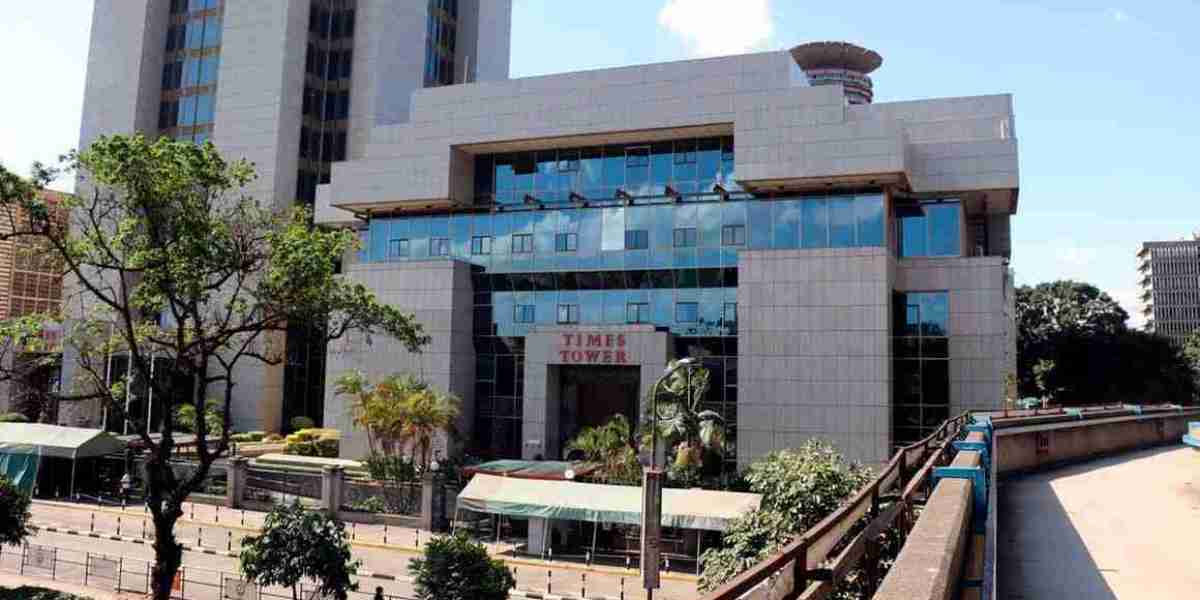“The details captured in the invoices are transaction details that are normally captured in any invoice/receipt issued to a customer and need not include confidential information of taxpayers,” the taxman said.
“KRA upholds the confidentiality of all information transmitted in line with the provisions of the Tax Procedures Act, 2015.”
The agency was responding to public feedback shared through various media platforms on the implementation of the eTims, as a measure to address growing confusion and understanding mix-ups that have marred national debate on the subject.
The latest to raise concerns are members of the Kenya Medical Association (KMA) who earlier in the week decried what they termed forced disclosure of patients’ data.
In a statement on Monday, KMA president Simon Kigondu had given the government a seven-day ultimatum to suspend the tax payment system in the medical sector or face a nationwide strike.
He said that doctors took an oath to safeguard, among others, patient confidentiality, and that forcing them to disclose patients’ data in the name of tax compliance is a violation of the Constitution.
“If people’s health suffers from lack of medical care and they are unable to work, whose incomes will they tax and for whose benefit?” he posed.
KRA has set March 31 as the deadline by which all businesses must have been onboarded onto the new system, which was introduced via the Finance ACT, 2023 as a measure to enhance visibility for easier revenue collection.
A fortnight ago, the taxman rescinded its earlier decision to exempt farmers and small businesses with an annual turnover of less than Sh5 million from generating the electronic invoices and instead rolled out a new solution dubbed eTims Lite targeting the mass onboarding of players in the country’s informal sector.
In the Tax Procedures (Electronic Tax Invoice) Regulations, 2023, the KRA had listed supplies by businesses with an annual turnover of less than Sh5 million among nine transactions that would be exempted from the electronic tax invoice in a move that brought relief for farmers and small businesses.
“The following transactions shall be excluded from the requirement of an electronic tax invoice…supplies by a resident person whose annual turnover is less than five million shillings,” KRA had said in the regulations.
Other transactions were emoluments, imports, interest, airline passenger ticketing, accounting adjustments, fees charged by financial institutions, and services provided by a foreigner without a permanent establishment in Kenya.


